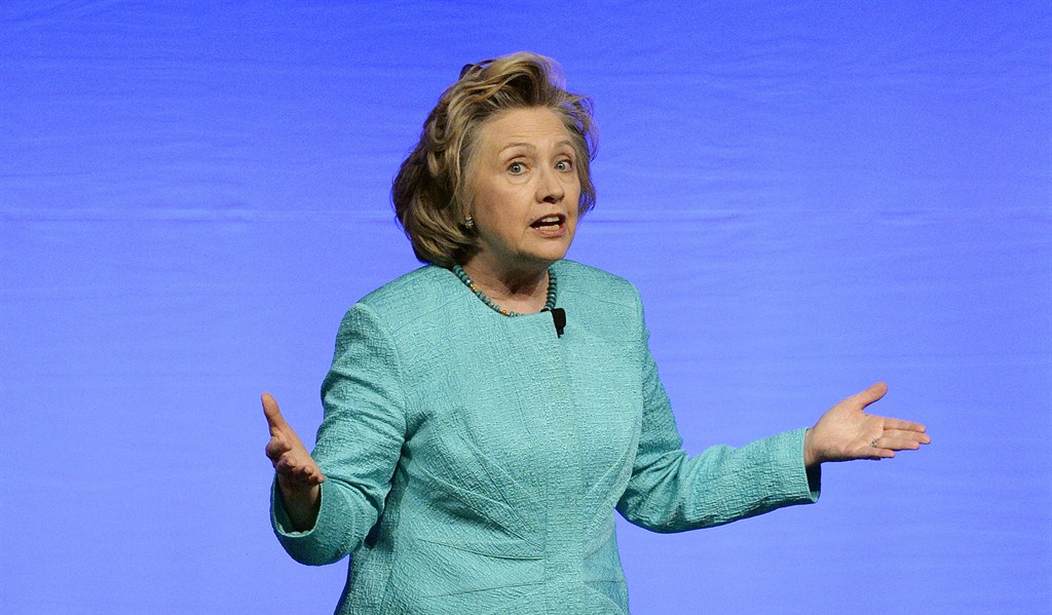Hillary Clinton shouting "What difference does it make?" over the Benghazi talking points or Sarah Palin stating that "waterboarding is how we baptize terrorists" show how quickly one comment can set off predictable stampedes of offended reactions on either side of our political divide. Angry petitions and calls for resignation soon follow. As unwise as these comments may be, are you beginning to get offended by those who are chronically offended? A culture that supports freedom of speech is going to have some "offensive" comments.
Looking back at letters to the editor against my own columns is not always pleasant: "I'm sorely offended;" "Regurgitating worn-out unsubstantiated, conservative stereotypes;" "Paulson's tirades are demeaning and without substance or merit;" his columns need a "disclaimer that..it is purely the opinion of the author." Besides the fact that my op-ed columns are in the "Opinion" section of the paper, such comments remind me of Elbert Hubbard's maxim, “If you can't answer a man's argument, all is not lost, you can still call him vile names.”
People on both sides of the aisle, including this columnist, have at times written immediate, emotional responses or emails that would have been far more effective if seasoned with 24 hours of aging and some needed editing. We used to have secretaries who would respond to a heated transcription before any letter was sent, "Do you think 'Bug Brain' is the right salutation?"
There's truth in the words of George Bernard Shaw, “Critics, like other people, see what they look for, not what is actually before them.” The comments, choices and actions of any president are seen entirely differently by an applauding supporter and a suspicious opponent. One is moved; the other is saying, "Liar, Liar!" Selective scanning is hard to overcome.
With political enemies, strong emotion can easily take precedence over better dialogue and understanding. When conversations become strained, the opposing party faithful take distance or grab for the nearest political weapons to arm themselves for battle. After all, when in pain, find someone to blame...from the other party.
Recommended
Far too many of us limit our political conversations to those we safely agree with. We watch and listen to the political commentators that reinforce our views. Distance and polarization are the result. From a distance, we scan for ammunition to support our distance and project suspicious motives for even positive gestures. After all, if the enemy party or candidate does anything positive, they must be "up to something."
If your relationships with members of the other party are limited to distance and name calling, expect polarization. The result of such political polarization is the same--everyone loses. It doesn't have to be that way.
Ultimately, the only person you control is yourself. Change your own behavior, and you just may impact the behavior, the opinions and the votes of others. It starts when you can work through your own political biases to actually listen to and understand the views of others.
Communication does not begin when your political adversary understands you; it starts when you work to understand him. Try mastering some timely questions and then work to listen and understand: What are your most important political issues? Help me understand why you so strongly feel that way? What would you do differently?
After overhearing comments regarding a political adversary, Abraham Lincoln reportedly said, "I don't like that man. I must get to know him better." Ronald Reagan expressed the same sentiment: "I have always believed that a lot of the troubles in the world would disappear if we were talking to each other instead of about each other." Instead of being trapped by selective scanning or calling people names, I think Ronald Reagan and Abraham Lincoln would have wanted all Americans to talk about the things that matter most to the future of America...even with the 28 million Americans who voted for the "other candidate."
























Join the conversation as a VIP Member